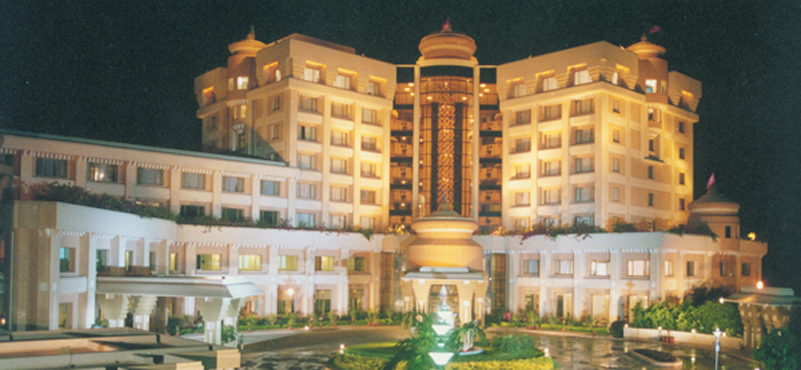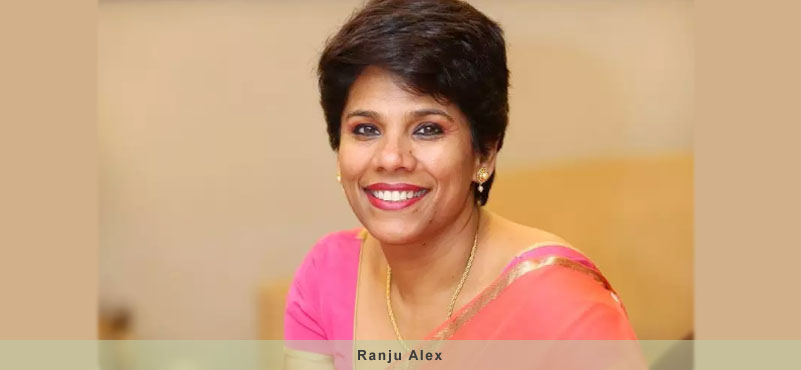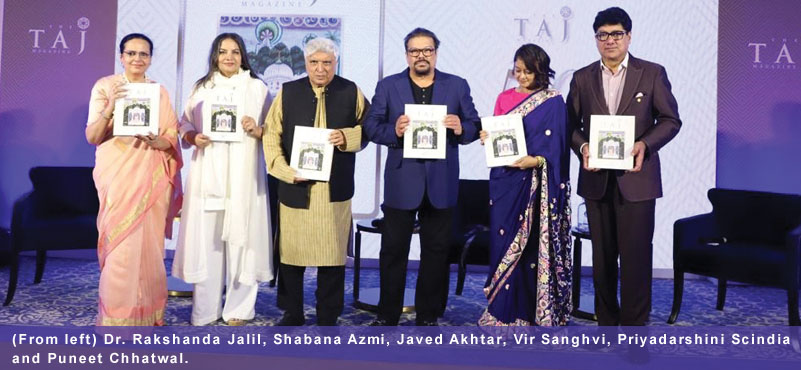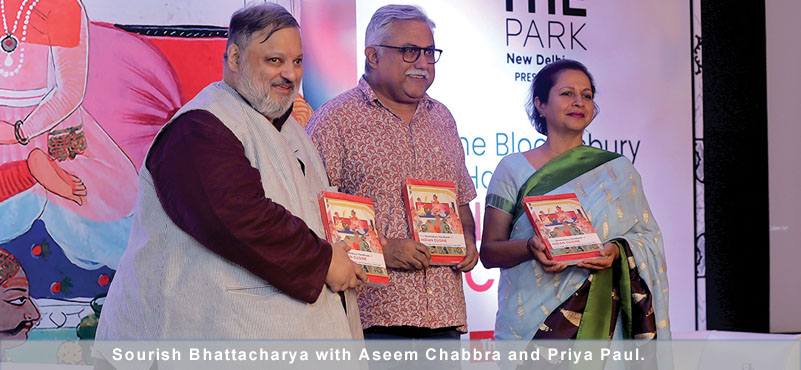MMT-ibibo’s alleged arm-twisting of individual hotel owners and operators to sell their inventory at lowly rates has been a concern for the industry stakeholders across the country. Not many days ago, hotels in Gujarat, later in Maharashtra, had voiced their concerns against the discriminatory pricing-policy, threatening to boycott the platform altogether. Now, hoteliers in Odisha have decided to ban MMT from selling hotel rooms, effectively beginning 15th January 2019. The decision has come after an inconclusive round of negotiation between HRAO (Hotels and Restaurant Association of Odisha) and Goibibo-MMT representatives.
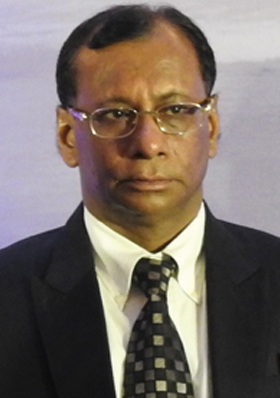
Chairman, HRAO & Chairman, SWOSTI Hotel Group
In a letter circulated to the media, HRAO has taken umbrage to a recently published interview in ET where Deep Kalra has “very arrogantly refused to acknowledge the locus-standi of FHRAI or any other regional association on the issue.” HRAO has also taken note of the OTA’s discriminatory pricing policy alleging the online platform of charging “as less as 8% commission to certain chain hotels”. It has noted that the OTA has been “unethically exploiting independent hotels” by making them cough up a commission as high as 45% under various pretexts. Offers such as “Money in Bank, Performance Linked Bonus, logged in customers and introducing various carnivals from time to time” has severely dented business prospects of independent and small-time hotel owners, HRAO has alleged.
It has also issued a public notice, urging consumers to refrain from using the OTA platform for making reservations as hotels have decided not to honour them. It has suggested using any other OTA, barring MMT-ibibo, to make reservations post 15th of January.
Looking at the genesis of the problem, since the online boom came about in the Indian market, OTAs have resorted to a differential pricing strategy – the idea being to acquire a leadership position in the lucrative online space. The strategy, unfortunately, has had an adverse impact not only on rival platforms but also on direct hotel sales. Such tactics have been made possible with investor funding only meant for augmenting the market share. Flush with funds, OTAs can play the patient game, with an eye on the long-term horizon. Independent hotel owners have become the chief causality of this business model. They are finding their sustenance an increasingly challenging proposition as they battle rising costs of workforce and utilities. Add to that, a 45 per cent commission does them no good.
When will OTAs do away with a differential pricing strategy is the moot question. The discount game was supposed to be a short-term ploy, giving way to a more sustainable market for online commerce in the country. That independent hotel owners had to resort to an outright ban only affirms that the matter is now of survival for them. HRAO has made a bold statement of intent. It remains to be seen how other state associations or the parent FHRAI follow suit.

